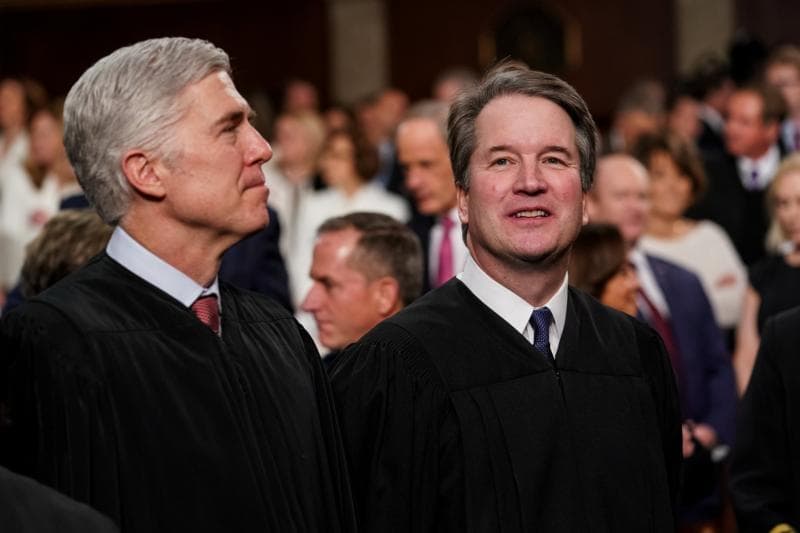WASHINGTON, D.C. – The Supreme Court has blocked from taking effect a Louisiana law requiring abortion doctors to hold admitting privileges at hospitals nearby to abortion clinics. The court issued a stay on Thursday evening.
In a 5-4 vote, the Supreme Court granted Feb. 7 a temporary stay blocking the law while it is adjudicated in lower courts. Chief Justice John Roberts was the deciding vote and voted to grant the injunction.
The 2014 law required abortion doctors to have admitting privileges at the hospital within 30 miles of the abortion facility. It was modeled after a similar law in Texas, which was struck down by the Supreme Court in 2016. The law was challenged almost immediately upon passage and had been held from taking effect by legal challenges since it was passed.
Those opposed to the law say that it would prevent all but one abortionist in the state from performing abortions.
Although the Supreme Court struck down the Texas law three years ago, the makeup of the Court has changed significantly since that time. Notably, Justice Anthony Kennedy, who was considered to be a moderate swing vote, has retired. He was replaced by Justice Brett Kavanaugh, whose judicial approach to abortion was relatively unclear at the time of his confirmation.
Kavanaugh voted against the injunction and wrote an independent. In that dissent, Kavanaugh said that the law should be allowed to go into effect so its true impact can be measured.
With the injunction, the Supreme Court will likely be forced to consider the law in an upcoming session.
In a statement, Louisiana’s Attorney General Jeff Landry vowed to continue the legal fight, and pointed out that the law was passed nearly unanimously.
“Unfortunately, the Supreme Court today put enforcement of this pro-woman law on hold for the time being,” said Landry.
“We remain hopeful that if the Supreme Court grants certiorari in this case, it will to be to re-affirm that courts rule in fact-specific cases; because the facts in our case show (the bill) is constitutional and consistent with our overall regulatory scheme for surgical procedures.”
Landry said that his office “will not waver” in defense of the law, and will “continue to do all that we legally can to protect Louisiana women and the unborn.”












